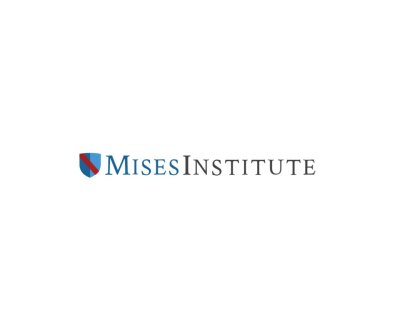Alabama Defendants in Youth Gender Medicine Case May Disclose Discovery Documents from World Professional Association for Transgender Health
Monday’s decision by Judge Liles Burke (M.D. Ala.) in Boe v. Marshall dealt with whether the defendants should be able to publicly disclose documents that they had obtained in discovery. (The underlying case involves a challenge to Alabama’s restrictions on youth gender medicine.) First, the factual background:
The World Professional Association for Transgender Health (“WPATH”) touts its guidelines and standards of care for treating transgender children as the product of rigorous science and broad consensus. Given this wide acceptance of what WPATH claims to be reliable evidence, one would think it would be willing and eager to demonstrate as much. It is not….
This case began in 2022 when the Plaintiffs filed their complaint and moved for a preliminary injunction to block enforcement of an Alabama law restricting the use of certain medications in children diagnosed with gender dysphoria. Over the course of three days, the Court heard testimony from multiple expert witnesses who touted WPATH as the leading authority responsible for developing the prevailing guidelines and standards of care for physicians treating children with gender dysphoria. In an affidavit, one of the Plaintiffs’ medical experts stated that WPATH “has been recognized as the standard-setting organization for the treatment of gender dysphoria for more than forty years.” [Further details omitted. -EV] … In other words, the Plaintiffs and many of the amici believe that WPATH is the preeminent leader in the field of transgender medicine for children.
Unsurprisingly, the Defendants sought discovery from WPATH regarding, among other things, the evidence it used to develop its guidelines and standards of care. But surprisingly, the organization allegedly responsible for creating the benchmark for gender dysphoria treatment was not so keen on turning over the evidence it used to develop that standard. WPATH resisted the Defendants’ subpoena at every turn. Given its own characterization of its guidelines and standards, one would expect WPATH to welcome the opportunity to put the supporting evidence on display.
WPATH initially filed a motion to quash the subpoena arguing, among other things, that
Article from Reason.com

The Reason Magazine website is a go-to destination for libertarians seeking cogent analysis, investigative reporting, and thought-provoking commentary. Championing the principles of individual freedom, limited government, and free markets, the site offers a diverse range of articles, videos, and podcasts that challenge conventional wisdom and advocate for libertarian solutions. Whether you’re interested in politics, culture, or technology, Reason provides a unique lens that prioritizes liberty and rational discourse. It’s an essential resource for those who value critical thinking and nuanced debate in the pursuit of a freer society.



